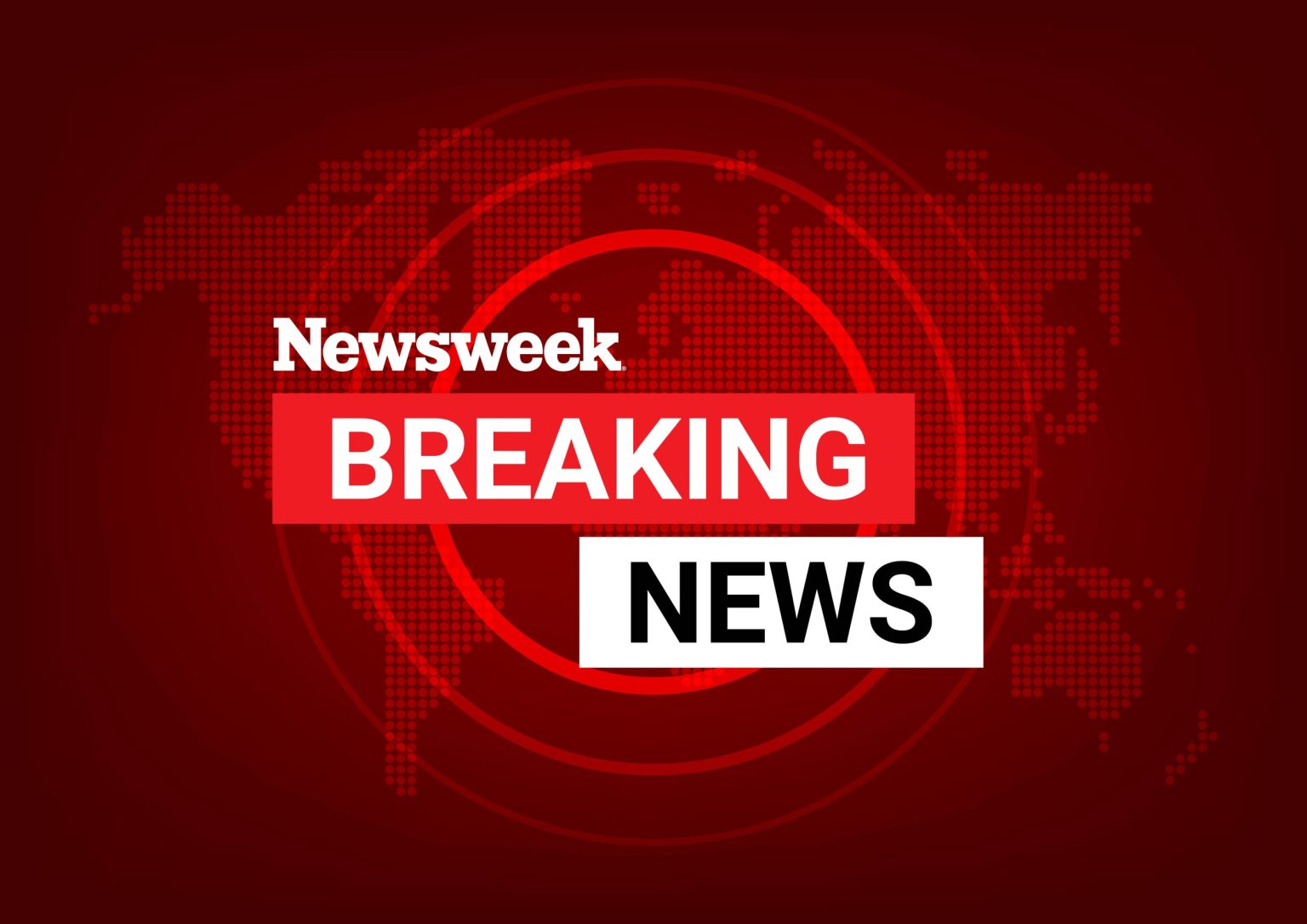The fate of TikTok in the United States took a dramatic turn over the weekend, culminating in a tentative resolution that underscores the complex interplay of national security concerns, free speech principles, and the power of social media in contemporary society. The popular video-sharing app, owned by Chinese company ByteDance, faced a looming ban due to concerns about potential data breaches and the influence of the Chinese government, sparking a public debate that pitted national security against freedom of expression. After a period of uncertainty and a temporary blackout of the service, TikTok announced on Sunday that it was in the process of restoring service, citing an agreement with its service providers and attributing the development to President Trump’s intervention. The company expressed gratitude towards the President for providing “clarity and assurance” that service providers would not face penalties for supporting TikTok, framing the decision as a victory for the First Amendment and a stand against censorship.
The temporary disruption of TikTok’s service stemmed from escalating anxieties over the app’s potential to compromise user data and facilitate Chinese government surveillance. With over 170 million American users, including a significant portion of young people and a growing number of small businesses leveraging the platform for marketing and commerce, the potential ban represented a significant development in the ongoing technological competition and geopolitical tensions between the United States and China. The Trump administration, vocal in its concerns about data security and national security risks posed by Chinese tech companies, had previously signaled its intention to ban TikTok unless it was sold to an American company. This move was part of a broader effort to decouple US technological reliance on China, reflecting escalating tensions and trade disputes between the two nations.
TikTok’s statement on Sunday suggested a potential breakthrough in the standoff, with the company attributing the restoration of service to President Trump’s engagement. While the details of the agreement remained unclear, TikTok’s expression of gratitude and commitment to working with the President on a long-term solution suggested a willingness to compromise and address the administration’s concerns. The company emphasized the importance of protecting the First Amendment rights of its users and maintaining a platform for small businesses to thrive, framing the resolution as a win for both freedom of expression and economic opportunity. The reference to a “long-term solution” hinted at ongoing negotiations and potential changes in TikTok’s operational structure to address national security concerns.
The temporary blackout of TikTok sparked a flurry of reactions and raised important questions about the balance between national security and individual liberties. Supporters of the ban argued that the potential risks posed by TikTok, including data breaches and foreign influence, justified the government’s intervention. They pointed to the potential for user data to be accessed by the Chinese government, emphasizing the risks to national security and individual privacy. Critics of the ban, on the other hand, contended that it represented an overreach of government power and an infringement on freedom of expression, arguing that less restrictive measures could address national security concerns without suppressing free speech. The debate highlighted the complexities of regulating emerging technologies in a globalized world, where national security concerns often intersect with fundamental rights.
The proposed plan posted by President Trump on Truth Social, the details of which remain somewhat obscure, seemingly played a pivotal role in the temporary resolution of the TikTok situation. While the exact content of the proposed plan requires further clarification, it appears to have provided the necessary assurances to TikTok’s service providers, paving the way for the restoration of service. This suggests a degree of negotiation and compromise between the administration and TikTok, potentially involving concessions on the part of the company to address national security concerns. The President’s involvement underscores the political dimension of the issue and the high stakes for both the company and the government in resolving the impasse.
The unfolding saga of TikTok’s fate in the United States serves as a microcosm of the broader challenges posed by the rapid advancement of technology and the increasing interconnectedness of the global economy. The interplay of national security concerns, free speech principles, and economic interests creates a complex landscape for policymakers and businesses alike. The temporary blackout of TikTok, followed by its apparent resurrection, highlights the need for a balanced approach that protects national security while respecting individual liberties and fostering innovation. The long-term solution that TikTok alluded to in its statement will likely involve a delicate balancing act between these competing interests, with significant implications for the future of the digital landscape.

